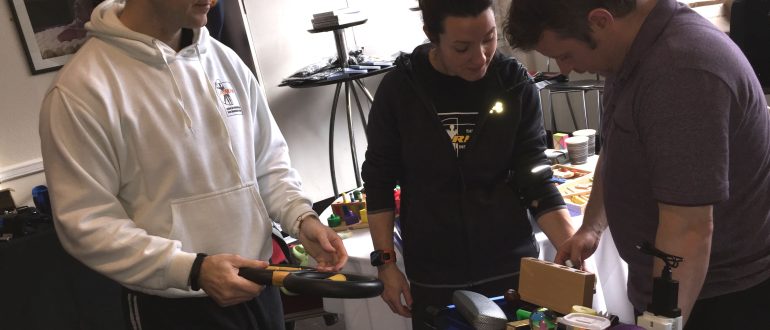A wave of systematic reviews and randomised controlled trials over the last few years has refined our understanding, confirming task-specific training (TST)’s efficacy while also shedding light on critical factors like intensity and technological integration.
Task-specific training involves repetitive, goal-directed practice of real-world functional tasks, such as grasping a cup or buttoning a shirt, rather than isolated, non-functional exercises. By promoting active problem-solving and engaging neural pathways in a meaningful context, TST harnesses the brain’s plasticity to maximise motor recovery.
A recent systematic review in The American Journal of Occupational Therapy synthesised findings from 16 studies involving nearly 700 stroke survivors. The review found strong evidence supporting activity-based TST for improving UL motor function, motor performance, and activities of daily living (ADLs). and a May 2025 study in Clinical Rehabilitation found task-oriented training produced statistically and clinically meaningful improvements in UL function for patients with subacute stroke compared to conventional exercise programmes.
The latest research is also exploring ways to amplify the effects of TST by combining it with cutting-edge techniques; a 2023 network meta-analysis found that combining TST with electrical stimulation is a promising approach for improving UL motor function, especially for individuals within six months of stroke onset.
Interestingly, a group of newer studies are examining dual-task training (DTT), where individuals practice a task while performing a secondary activity. Preliminary results from a May 2025 study suggest DTT can effectively improve UL function and trunk performance in chronic stroke patients.
ARNI says that the evidence for task-specific training in stroke rehabilitation is undeniable. Recent research provides new avenues for enhancing its effects through technology and combination therapies. The message is clear for us stroke survivors: focusing on repetitive, meaningful, real-world tasks is a highly effective strategy for regaining a handle on life after stroke.



